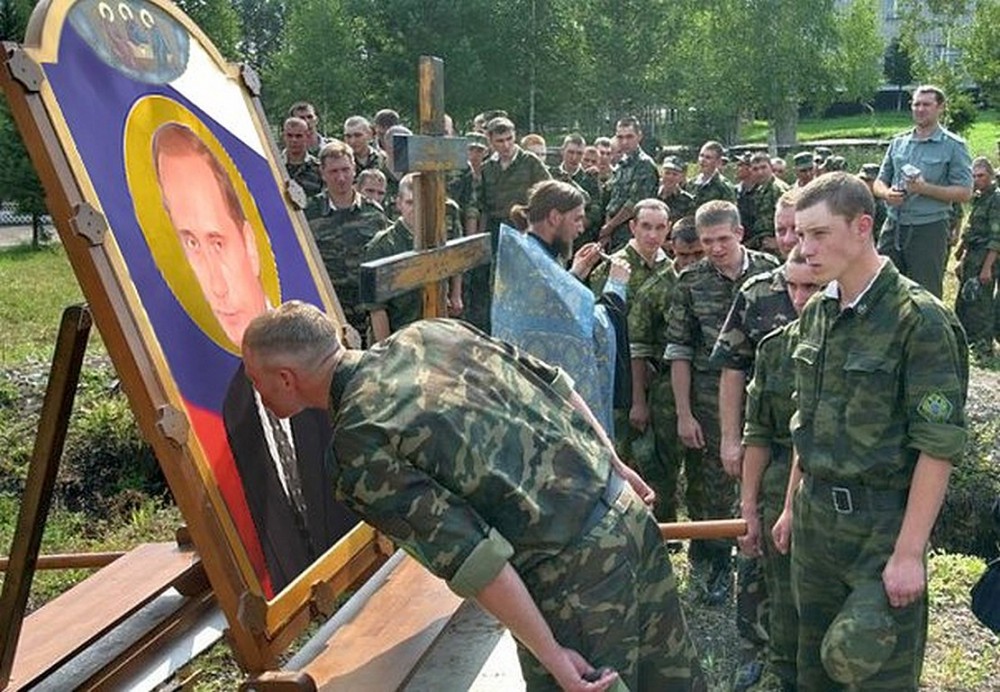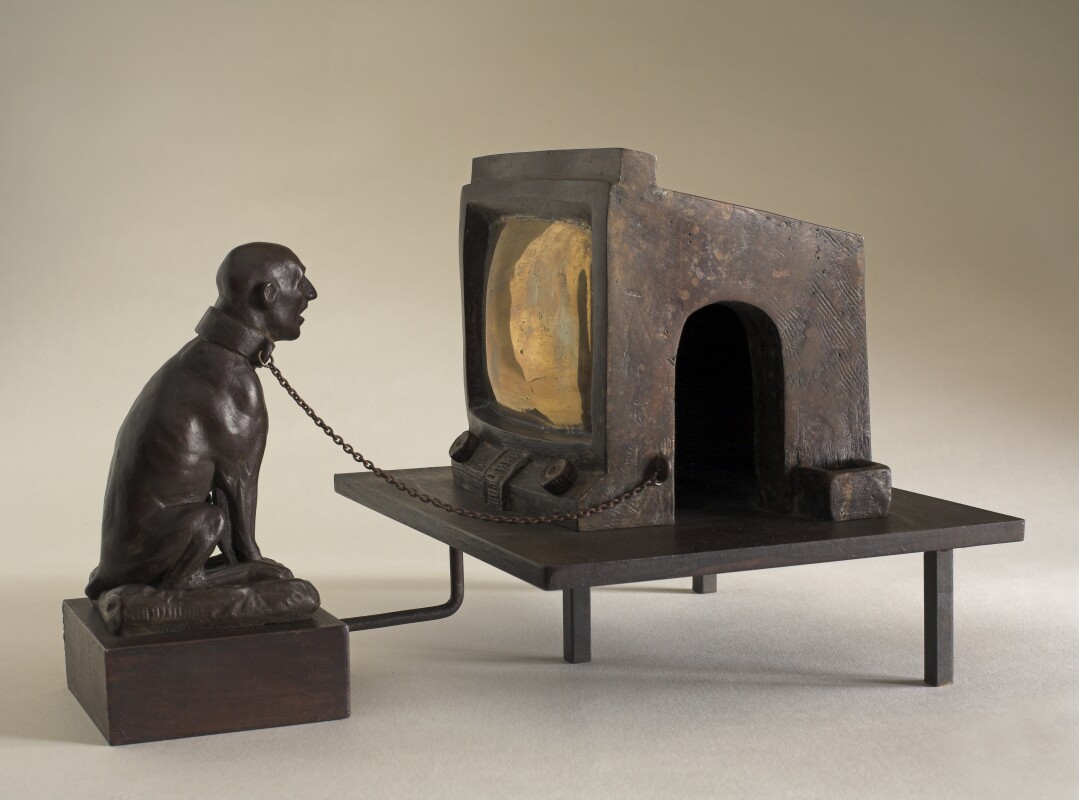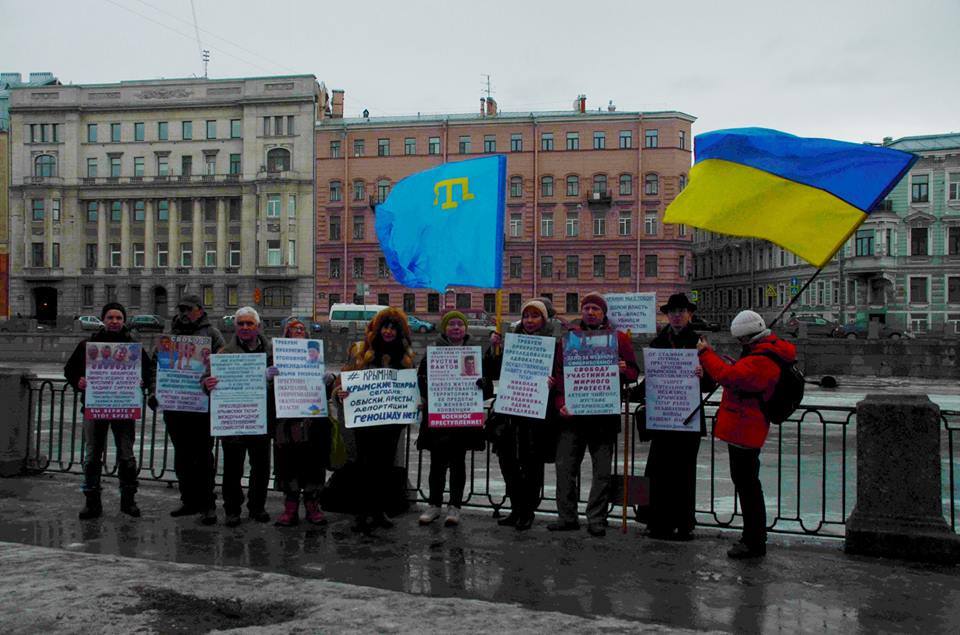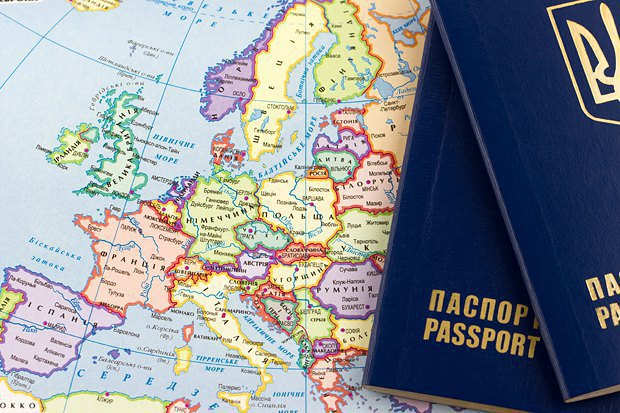Finland’s Marshal Mannerheim offers a distant mirror of the evolution of identity that Vladimir Putin is again causing many Russians to make, Vadim Shtepa says. Prior to 1917, Mannerheim served in the Russian army and always spoke of Russians as “we.” After it, he never described himself as a Russian but rather fought against the Soviets.
One can see this from Mannerheim’s memoirs, the Russian regionalist says. “Prior to 1917, ‘Russians’ are ‘we.’ He fought in the Russo-Japanese War
and in World War I and between them even carried out confidential missions for Nicholas II in Tibet.”

Then came “a total turnabout of meanings” after the Bolshevik revolution. “From 1918 on, the formulas in his memoirs include ‘we built a defense against the Russians,’ ‘the Russians demand,’ ‘we responded to the Russians,’ and so on.” Soviet historians treat this “metamorphosis” as treason, but Mannerheim “never swore allegiance” to the Soviet state.
This was not simply a reflection of the fact that he became supreme commander of the Finnish Army, Shtepa argues. It was about something even more fundamental: “the very quality of the Russian nation had been changed.” For Mannerheim, brought up in classical culture, “this Bolshevik insanity-speaking Russia was unacceptable and an absolute evil.”

Today, the same thing is happening, “the very same break,” the Russian regionalist argues. “It is easily possible to consider the Gorbachevs and the Yeltsins and the Lebedevs ‘normal Russians.’ Despite all their disagreements, this was one civilization. But today we are observing the arrival of a different civilization.”
This new “civilization” speaks Russian as did the Soviets and claimed to speak in the name of “’the Russian world.’” But its “’Russian world’” seeks to revive “a wild empire and hates all those who think differently. This is again a qualitative change in the Russian nation. And in such a situation, Mannerheim’s response is the only appropriate one.





